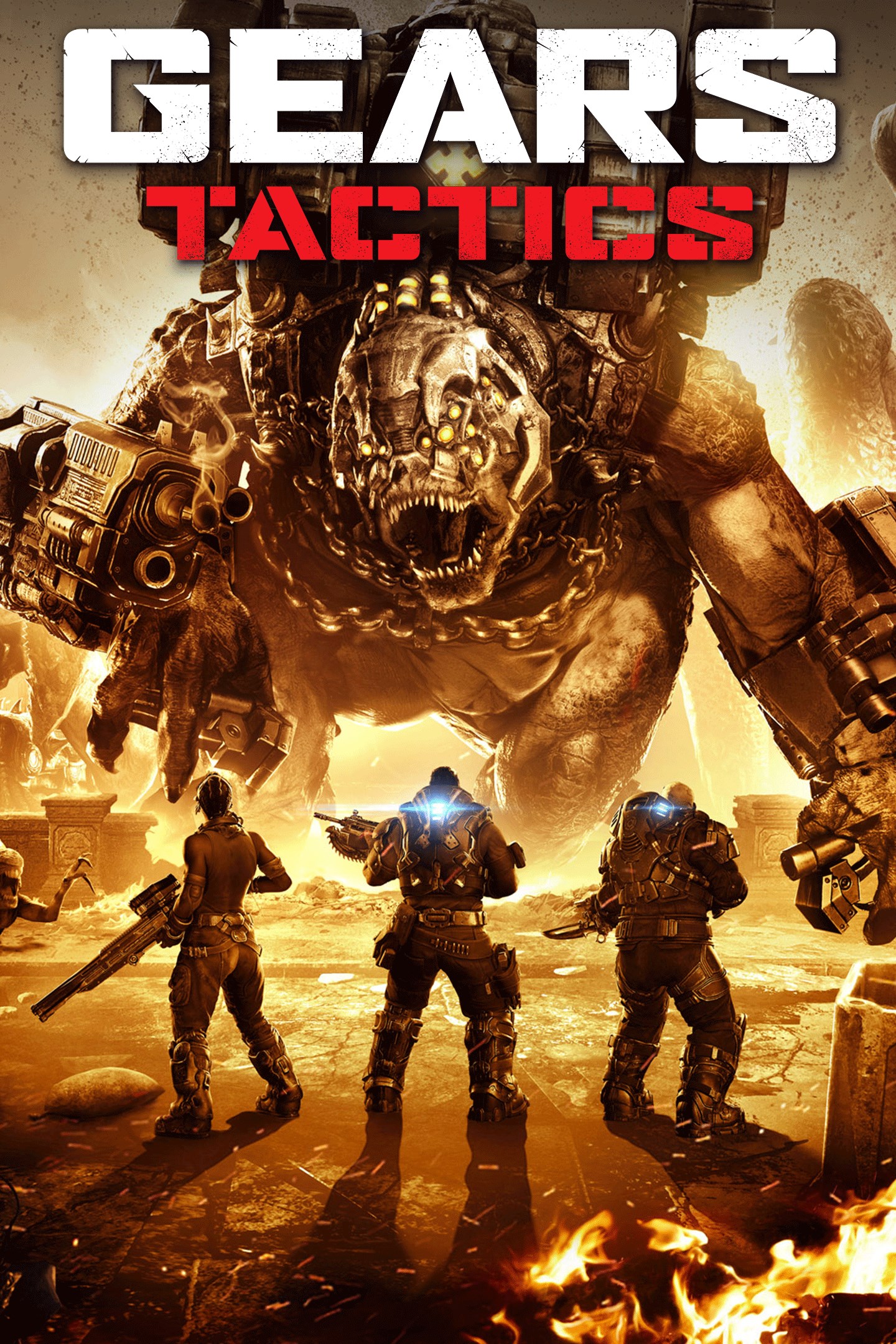Is It a Remaster That’s Just a Cash Grab?
(Word count: ~1000)
Introduction
In recent years, the gaming and entertainment industries have seen a surge in remastered versions of classic titles. From beloved video games like The Last of Us Part I to movies such as The Lion King (2019), remasters and remakes are everywhere. But the question remains: Are these projects genuine efforts to enhance the original experience, or are they simply cash grabs exploiting nostalgia?
This article explores the fine line between meaningful remasters and lazy re-releases, analyzing why some succeed while others fail to justify their existence.
What Defines a Remaster?
Before diving into the debate, it’s essential to distinguish between:
- Remaster: A polished version of the original with improved graphics, sound, or performance (e.g., Shadow of the Colossus (2018)).
- Remake: A complete rebuild from the ground up, often with new mechanics (e.g., Resident Evil 2 (2019)).
- Port: A simple re-release on a new platform with minimal changes (e.g., Grand Theft Auto: The Trilogy – The Definitive Edition).
While remakes often receive praise for innovation, remasters are more controversial—some feel they are unnecessary if the original still holds up.
Signs of a Cash Grab Remaster
Not all remasters are created equal. Here are red flags that suggest a quick profit motive:
1. Minimal Visual or Technical Improvements
If a remaster barely upgrades textures, resolution, or framerate, why charge full price? Examples:
- The Elder Scrolls V: Skyrim – Anniversary Edition (minor upgrades over previous re-releases).
- GTA: San Andreas – The Definitive Edition (buggy, poorly optimized).
2. Lack of New Content or Features
A lazy remaster adds nothing meaningful. Compare:
- Demon’s Souls (2020) (complete visual overhaul, new animations).
- Dark Souls: Remastered (minor tweaks, same gameplay).
3. Overpricing Despite Low Effort
Charging $60+ for a slight upgrade is questionable. The Last of Us Part I faced backlash for its $70 price tag despite being a PS3/PS4 game with better graphics.
4. Rushed Development & Poor Quality Control
Cash grabs often launch with bugs, missing features, or worse performance than the original (e.g., Warcraft III: Reforged).
When Remasters Are Worth It
Not all remasters are cynical. Some genuinely improve the experience:
1. Preserving Classics for New Audiences
Games like Final Fantasy VII Remake and Resident Evil 4 (2023) introduce legendary titles to modern players with stunning visuals and refined gameplay.
2. Technical Overhauls That Matter
- Halo: The Master Chief Collection fixed multiplayer issues and bundled multiple games in one.
- Metroid Prime Remastered (2023) delivered a gorgeous visual upgrade while keeping the original’s magic.
3. Adding Meaningful Extras
Some remasters include deleted scenes, developer commentary, or restored content (e.g., The Legend of Zelda: Link’s Awakening (2019)).
The Psychology of Nostalgia Exploitation
Why do companies keep releasing remasters? Nostalgia sells.

- Low Risk, High Reward: Remaking a beloved title is safer than creating a new IP.
- Built-in Fanbase: Fans of the original are more likely to buy, even if improvements are minor.
- FOMO (Fear of Missing Out): Limited editions, pre-order bonuses, and "definitive versions" pressure consumers into buying.
However, over-reliance on nostalgia can backfire. If fans feel exploited, they may reject future remasters (Crash Bandicoot N. Sane Trilogy was praised, but Crash Team Racing Nitro-Fueled faced microtransaction criticism).
How to Spot a Worthwhile Remaster
Before buying, ask:
✅ Does it significantly improve graphics/performance?
✅ Does it add new content or features?
✅ Is the price fair for the effort?
✅ Does it respect the original’s legacy?
If the answer is "no" to most, it might be a cash grab.
Conclusion: The Future of Remasters
Remasters aren’t inherently bad—when done right, they breathe new life into classics. However, the industry must avoid lazy re-releases that prioritize profit over passion.
As consumers, we vote with our wallets. Supporting high-effort remakes (like Dead Space (2023)) while ignoring low-effort cash grabs sends a message: Quality over quick bucks.
Final Thought
Next time a beloved game gets remastered, ask: "Is this for the fans, or just for the money?" The answer will tell you whether it’s worth your time.
Tags: #Gaming #Remasters #CashGrab #Nostalgia #GameDevelopment #Remakes #VideoGames #EntertainmentIndustry


















